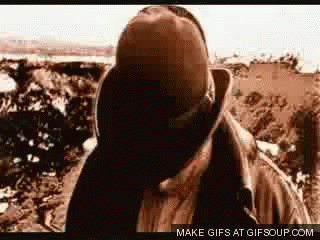- Joined
- Dec 7, 2011
- Messages
- 31,086
- Reaction score
- 13,892
We all gonna kick the bucket one day. many people devote a lot of time and energy into trying to avoid it as long as possible. some cultures have a relatively low fear because of what they believe is on the other side. but theres also the Samurai code where its death before dishonor. I think about that a lot. also knights back the the old days used to view dying in a bloody battle as a good thing. Surviving often implied cowardice and avoiding the battle.
Any others?
Any others?




